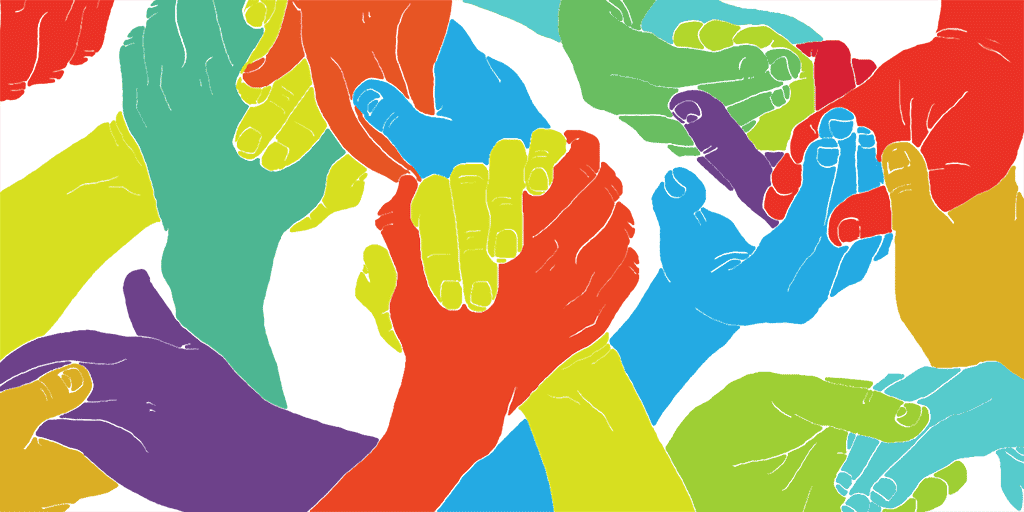Yesterday, voters in the United States elected Donald Trump to be their next president. This occasion fills us at Access Now — and so many others around the world — with deep concern about the future of human rights. In the face of this, we resolve to work even more closely with our colleagues and stakeholders, across borders, to protect the most vulnerable among us.
Besides being the country where many of the most commonly used internet platforms are based, the United States has been a key nation involved in debates on safeguarding digital rights. It is also the country with perhaps the most sophisticated cyber command, the largest global surveillance infrastructure, and the most powerful hand over the future of the internet itself.
The internet and digital rights haven’t just had an impact on this election — they’ve been a core part of the narrative. From the email scandals to Wikileaks to Internet of Things-enabled DDoS attacks, this election season has highlighted the central, and fraught, role of digital issues in our global politics.
And now, with a U.S. president-elect who has shown little interest in the details of policy, we’re at risk of facing a clash in a leader who appears to be ignorant about cybersecurity and yet could directly or indirectly trigger a wave of online attacks against political opponents at home and overseas.
Given what we saw during the campaign — and unless we see something different from the president-elect’s future administration or from Congress — we face the credible risk of encountering an authoritarian-style approach to free expression and privacy online and offline that will test our community’s resolve.
It’s for this reason that we, a global community of human rights advocates, policymakers, and the representatives of companies behind internet platforms, must band together. Earlier this year we published an open letter to the next president of the United States, outlining a digital rights policy agenda. We urge all the world’s leaders, including Donald Trump, to take it up. This is the moment for stakeholders around the world to unite around a common agenda, and to forge new strategies for moving it forward in the face of intensified hostility and aggression.
Our international human rights instruments — the grounding for our work protecting rights like privacy and freedom of expression — were forged after the greatest global conflict. That moment of awareness among formerly warring states, of the need for international cooperation, only rings more true after such a divisive election.
From keeping the internet on around the world, to supporting encryption, to maintaining a free and open internet, we must ensure that Donald Trump and the 115th United States Congress do not tear down what we have worked so hard to construct. This is a crucial opportunity to build our strength and resilience as a global community that cares about human rights, working together toward a brighter, better future for everyone.
